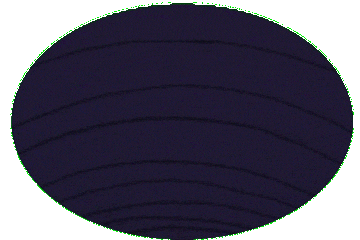The Seekers
The Seekers were an Australian folk pop and gospel band originally formed in Melbourne in 1962. They were the first Australian pop band to achieve major chart and sales success in the United Kingdom and the United States. They were especially popular during the 1960s, with their best-known configuration of Judith Durham on vocals, piano and tambourine; Athol Guy on double bass and vocals; Keith Potger on twelve-string guitar, banjo and vocals; and Bruce Woodley on guitar, mandolin, banjo and vocals. The group had Top 10 hits in the 1960s with "I'll Never Find Another You", "A World of Our Own", "Morningtown Ride", "Someday, One Day", "Georgy Girl" and "The Carnival Is Over". Australian music historian Ian McFarlane described their style as "concentrated on a bright, uptempo sound, although they were too pop to be considered strictly folk and too folk to be rock". In 1967, they were named as joint "Australians of the Year" – the only group thus honoured. In July 1968, Durham left to pursue a solo career, and the group disbanded. Keith Potger formed a new group in the UK, the New Seekers; they had their first hit single in 1971 with "I'd Like to Teach the World to Sing". In 1995, the Seekers were inducted into the ARIA Hall of Fame. "I'll Never Find Another You" was added to the National Film and Sound Archive of Australia's Sounds of Australia registry in 2011. Woodley's and Dobe Newton's song "I Am Australian", which was recorded by the Seekers as well as Durham with Russell Hitchcock and Mandawuy Yunupingu, has become an unofficial Australian anthem. With "I'll Never Find Another You" and "Georgy Girl", the group also achieved success in the United States, but not nearly at the same level as in the rest of the world. The Seekers have sold over 50 million records worldwide and were individually honoured as Officers of the Order of Australia in the Queen's Birthday Honours of June 2014.
This article uses material from the Wikipedia article "The Seekers", which is released under the Creative Commons Attribution-Share-Alike License 3.0.
Connections
- Georgy Girl was recorded by The Seekers
- Judith Durham was a member of The Seekers
- The Seekers recorded Georgy Girl




![The Seekers - Ultimate Collection [New CD] The Seekers - Ultimate Collection [New CD]](https://i.ebayimg.com/images/g/G50AAeSw~ZJpHdrI/s-l225.jpg)






